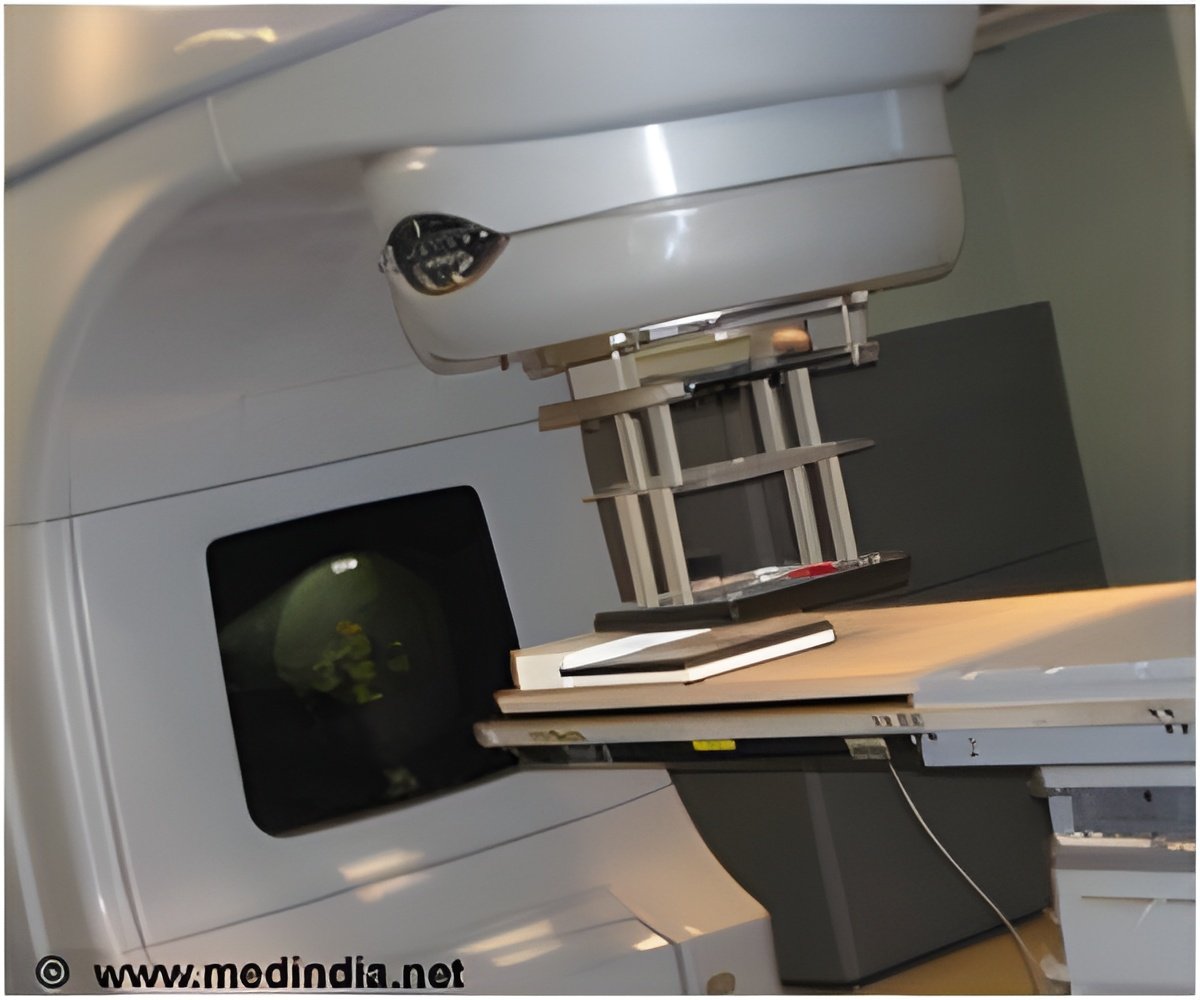Researchers have discovered a single gene which may define the difference between a fast growing tumor and a slow growing tumor for Thymoma, a rare form of cancer

In addition to the clinical implications, the study is important because "it is highly unusual to find a single mutated gene that can define a class of tumors," he said. "Usually a substantial number of genes are involved. In fact, we also found that the more aggressive thymomas express well-known cancer genes found in other tumors — which might give us clues about novel treatment of these cancers."
"The thymus is located in the chest behind the breastbone. Thymoma and a second type of cancer of the thymus called thymic carcinoma are rare. According to the National Cancer Institute, these cancers counted together make up for only .2 to 1.5 percent of all cancers— one case occurs in about every 700,000 individuals."
Most of the diagnosed patients have surgery, but, depending on the presumed aggressiveness of the cancer, some patients will have radiation and/or chemotherapy in addition or instead of surgery. "The use of these treatments in thymomas is controversial, because we know some patients don't need aggressive therapy, but until now, there's not been a clear way to know who those patients are," Giaccone says.
Source-Eurekalert









